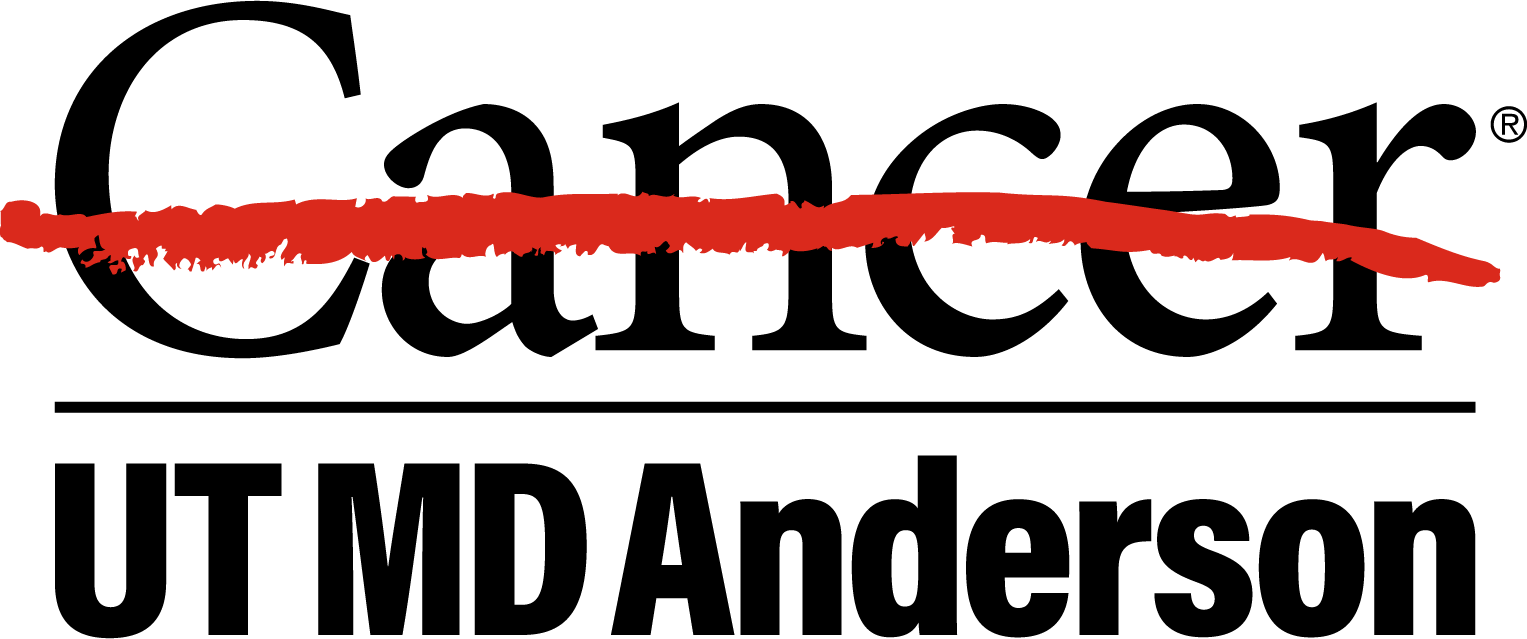How I quit tobacco and gained freedom
January 19, 2017
I started smoking when I was 17 years old. Nearly two decades later, at 36, my smoking addiction had taken ownership of my life, and I hated it.
Smoking had negatively affected my finances, my ability to be physically active and even my sense of smell. But what I hated most was my inability to feel peace or enjoy any kind of social event or meeting.
Smoking was the first thing I did each morning and the last thing I did before going to sleep. I had to smoke before going anywhere or doing anything, and as soon as I was unable to smoke at my leisure, I looked for a way out. I became anxious, irritable and stressed if I knew I was going to be anywhere for longer than an hour without a cigarette. Smoking had taken hold of my life.
My decision to quit smoking
I’d wanted to quit smoking for many years, but I had a lot of fear and anxiety about even trying. I didn’t think I would ever be able to start my day without having a couple of cigarettes, but after each morning smoke, I told myself I had to quit.
When I heard a radio ad about research studies at MD Anderson for smokers trying to quit, I made the call. Soon after, I had an appointment with a research coordinator from MD Anderson’s Tobacco Treatment Program, and I was excited. I still didn’t believe I would really be able to quit, but I was happy that I had taken the first steps by choosing to try.
Participating in a smoking cessation study
The study I participated in was simple to follow and gave me a lot of support. I was able to enroll over the phone and was accepted after an in person eligibility meeting. The goal of the study was to find out if the nicotine replacement medication, Varenicline (Chantix), or the nicotine patch can help people with different types of emotion and attention levels to quit smoking.
I was given both the medication and patch, but one was active and the other was a placebo. I worked with a counselor throughout the process. My study had a total of 10 simple appointments -- 6 in person and 4 over the phone. During my appointments, I completed surveys, had my vitals assessed and spoke with my counselor.
My counselor did not ask me to quit smoking right away, which, to be honest, I kind of liked. I knew I had committed to a process that would require me to try quitting, but I didn’t have to face that fear immediately.
How I quit smoking
On the eighth day of the study, my counselor and I discussed choosing a “quit” day. I decided to quit on July 23, 2016, which happened to be my grandmother’s 95th birthday party. I had a little over a week to mentally prepare. Despite having a support call scheduled with my counselor the day before, I was still nervous.
When July 23 came, I only smoked one cigarette, and I did the same the next two days. On July 26, I smoked two cigarettes, but I went to bed with confidence and resolve. After smoking 20 cigarettes a day for 19 years, I’d successfully had only five in four days.
Regaining my freedom
I haven’t smoked a cigarette since then, and I am ecstatic about my new normal. I have a new sense of confidence and accomplishment in place of the anxiety and irritability, and I have replaced my bad habit with good ones. I have taken up regular exercise and replaced my smoky scents with minty fresh sugar-free gum and mints.
I have my freedom back, along with the simple joy of being present in whatever moment I may find myself in. For anyone who wants to quit but has fear or self-doubt, I encourage you just to make the simple choice to try. Hopefully, through that choice, you will also obtain the results you desire.
MD Anderson’s Tobacco Treatment Program offers tobacco cessation services, including in-person behavioral counseling and medication treatments, at no cost to MD Anderson patients, employees and their families. Several clinical trials offering similar services for smoking cessation are also open to the public. For more information, please call 713-792-2265.
I have my freedom back, along with the simple joy of being present in whatever moment I may find myself in.
Tanner Touchstone
Tobacco Study Participant
